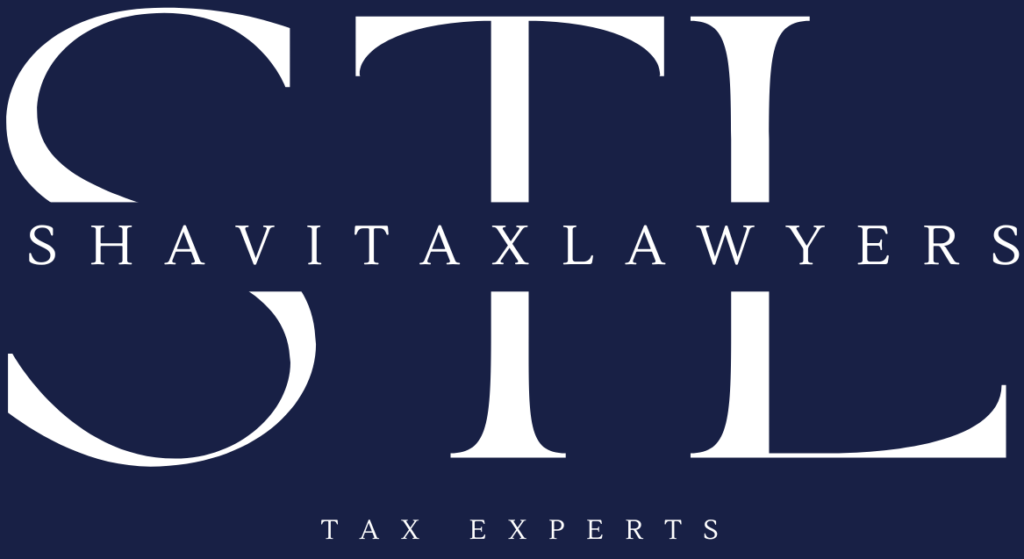Introduction
In recent years, the Israeli Tax Authority (ITA) has heightened its scrutiny on the ownership of Israeli IP assets and R&D centers operating within Israel. In alignment with OECD guidelines, the ITA evaluates economic ownership rather than just legal ownership of the IP. If the ITA concludes that, as part of or following an M&A transaction, the economic ownership of the IP has shifted—even if the legal ownership remains in Israel—this could result in significant tax consequences.
Example Scenario:
Let’s assume an Israeli target company (“Target”) was acquired for USD 100M by a non-Israeli multinational buyer (“Buyer”). After the acquisition, a change in the business model occurs such that the Function, Assets, and Risk (FAR) analysis shows that the Target no longer economically owns the IP. If the cost basis of the IP owned by the Target is only USD 20M, the following tax implications would arise.
The ITA would treat the transaction as a deemed sale of the IP, valued at the same price as the Target’s shares (USD 100M), under the assumption that the IP is the Target’s most significant asset.
Given the corporate tax rate in Israel is 23%, this results in a tax liability of USD 18.4M for the Target. The Buyer would not be able to utilize the cost basis for the IP, meaning that the taxable event occurs at the Target level, not at the share purchase level.
Furthermore, because the Buyer is not directly paying the Target for the IP, an additional tax layer arises due to a secondary adjustment. In a recent Medtronic court case, the court ruled that the unpaid purchase price should be considered a seller’s loan, and interest at arm’s length should be applied. However, there could be an alternative contention—that the entire purchase price should be classified as a deemed dividend distribution.
Based on the above, the Buyer could end up paying up to USD 161.4M for the Target, instead of the agreed sum of USD 100M.
Share Sale vs. Asset Sale from the Seller's Perspective:
From the selling shareholder’s perspective, a share sale transaction is often preferable to an asset deal in order to avoid double-layer taxation. In an asset deal, the effective tax rate could reach up to 50% (23% at the corporate level plus up to 33% on dividend distribution), whereas in a share sale, the tax burden is typically closer to 33%. However, in some cases, a middle ground can be negotiated, depending on the tax situation of the selling shareholder and the Buyer’s flexibility in adjusting the sale price.The ITA would treat the transaction as a deemed sale of the IP, valued at the same price as the Target’s shares (USD 100M), under the assumption that the IP is the Target’s most significant asset.
Given the corporate tax rate in Israel is 23%, this results in a tax liability of USD 18.4M for the Target. The Buyer would not be able to utilize the cost basis for the IP, meaning that the taxable event occurs at the Target level, not at the share purchase level.
Furthermore, because the Buyer is not directly paying the Target for the IP, an additional tax layer arises due to a secondary adjustment. In a recent Medtronic court case, the court ruled that the unpaid purchase price should be considered a seller’s loan, and interest at arm’s length should be applied. However, there could be an alternative contention—that the entire purchase price should be classified as a deemed dividend distribution.
Based on the above, the Buyer could end up paying up to USD 161.4M for the Target, instead of the agreed sum of USD 100M.
How STL Can Help
We offer the following services:
- Tailored tax strategies that mitigate potential tax liabilities for both buyers and sellers.
- Comprehensive analysis of economic versus legal ownership implications.
- Negotiation support to structure deals that align with the interests of both parties while minimizing tax exposure.
- Guidance on cross-border tax planning, including leveraging applicable double tax treaties and addressing secondary tax adjustments.
- Post-transaction integration support, ensuring that your business operations and IP management comply with Israeli tax laws and regulations.
Whether you are a buyer looking to acquire valuable IP assets or a seller aiming to optimize tax outcomes, STL offers solutions that allow for smooth, tax-efficient transactions.
